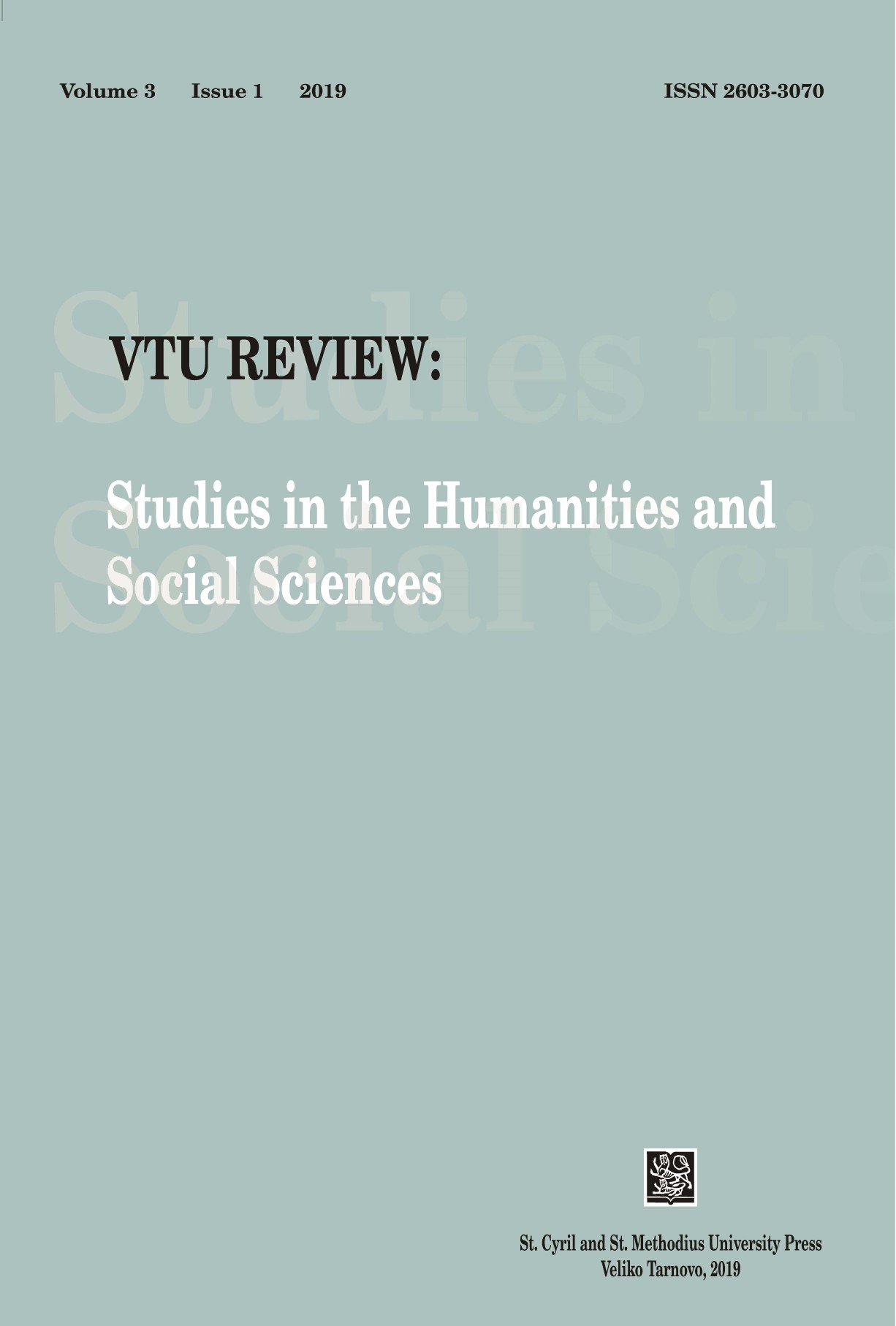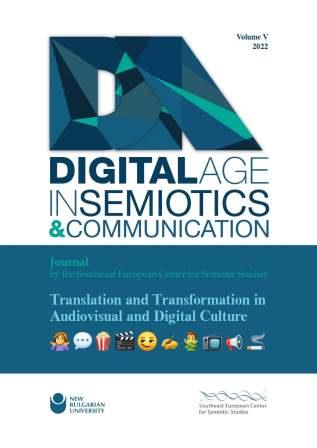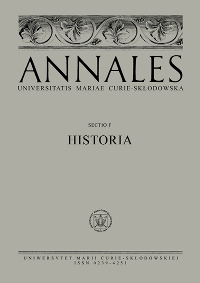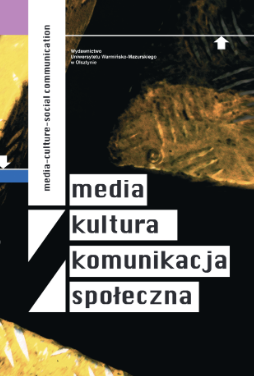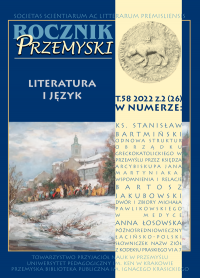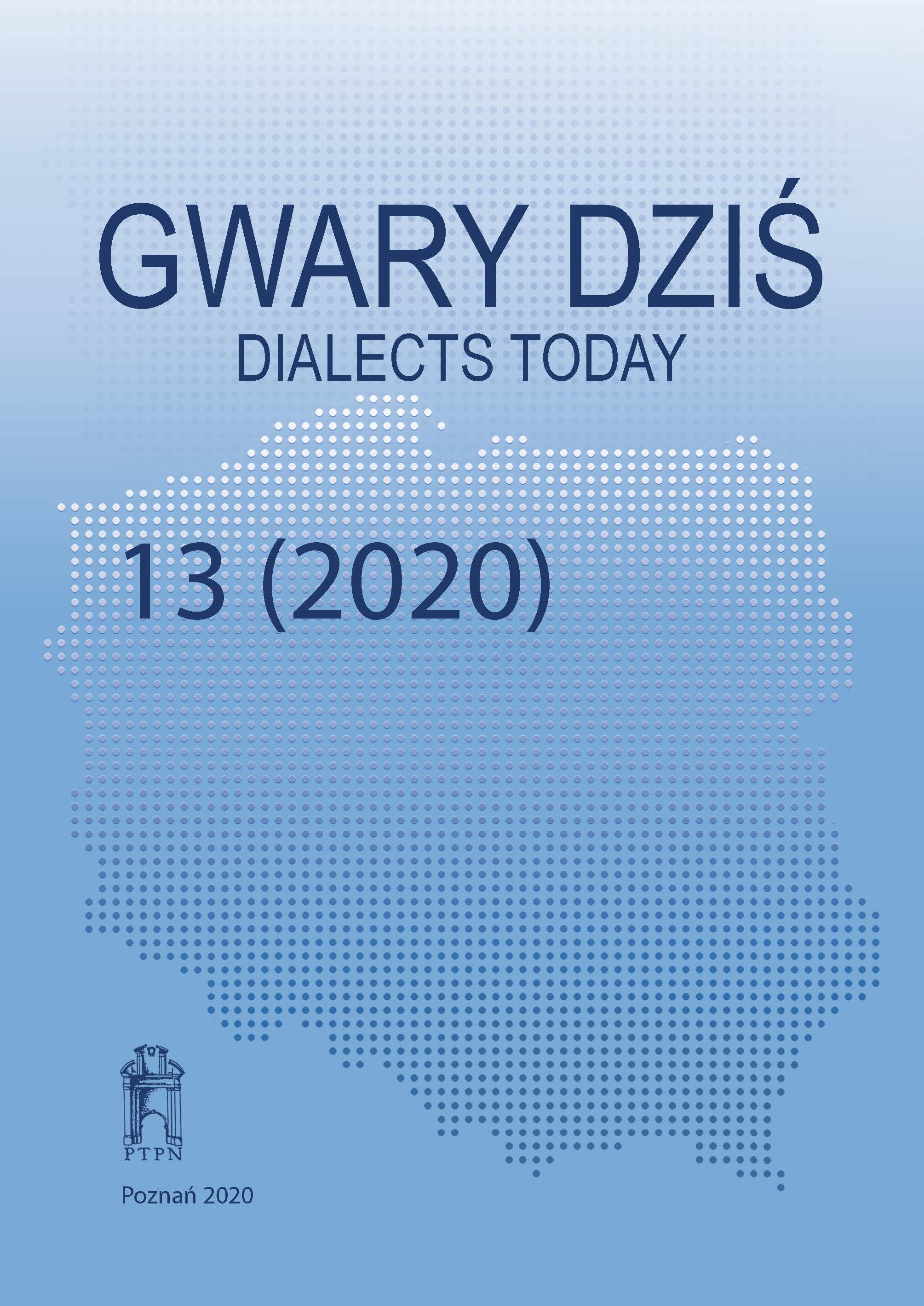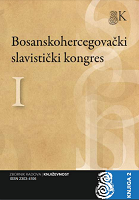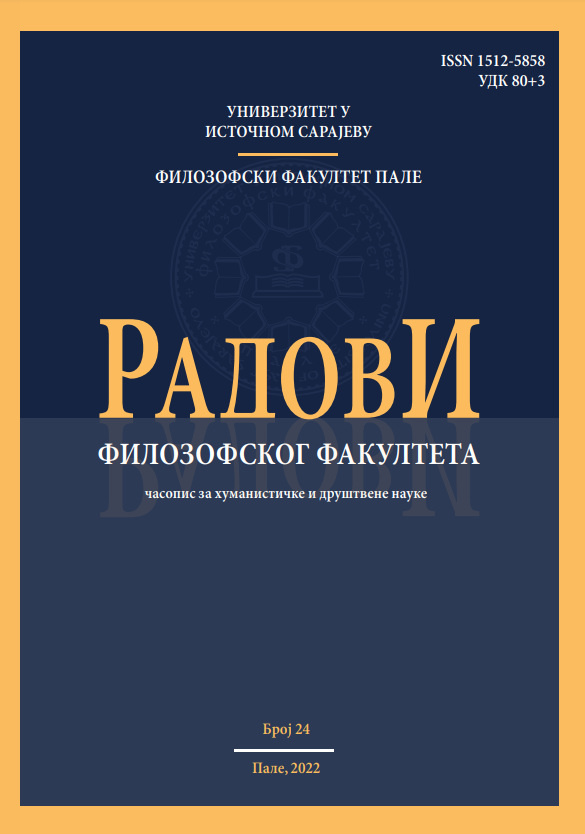Author(s): Nada Raduški / Language(s): Serbian
Issue: 24/2022
The position and preservation of the national identity of Romanians and Vlachs in Serbia are essential for bilateral relations between Serbia and Romania, but also for Serbia's progress in the process of joining the European Union. Adequate legal solutions and their effective implementation are needed for the full realiation of minority rights and freedoms, which creates preconditions for successful demographic, economic and cultural development of national minorities and their effective integration into society, but preserving their ethnic, religious and cultural characteristics. In that context, this research examined the demographic development of the Romanian and Vlach national minorities, and then the key determinants of national identity (origin, language, religion and customs) of Romanians and Vlachs in Serbia. A comparative analysis of the demographic characteristics of Romanians and Vlachs in Serbia shows that both minority communities, mostly inhabited by border areas (Romanians in eastern Vojvodina and Vlachs in eastern central Serbia), are characterised by low birth rates, a high mortality due to old age structure and consequent negative natural increase which, combined with a negative migration balance, results in a marked decrease in the total population (bearing in mind the significant changes in the census declaration of ethnicity, among the Vlachs). These population trends, along with the difficulty in predicting future migration movements of these ethnic communities and the stability of their national orientation, suggest a gloomy demographic picture of the Romanian and Vlach national minorities, which has numerous negative implications for the future economic, political, social and demographic capacity of Romanians and Vlachs inSerbia. A comparative analysis of the identity characteristics of the Romanian and Vlach national communities, ie their ethnogenesis, language, religion and customs as basic components of national identity, confirms the great disagreement in scientific circles as to whether Romanians and Vlachs are the same people. Regarding the origin of the Vlachs, the most realistic view is that all the above opinions are partly correct, i.e., that the Vlachs partly come from Serbs who took over the Romanian language and customs while living in Romania for a long time, that they are partly descendants of the indigenous Balkan population. Originally Romanians immigrated to Serbia. Ethnologists and linguists use similarities in language, which some consider very great and others symbolic, as crucial evidence for this or that theory, and the same can be said for very similar or completely different customs preserved by the Romanian and Vlach national communities in Serbia. All this unequivocally indicates that the current scientific research can be understood only as an initial contribution and incentive for further multidisciplinary study of this issue.
More...
